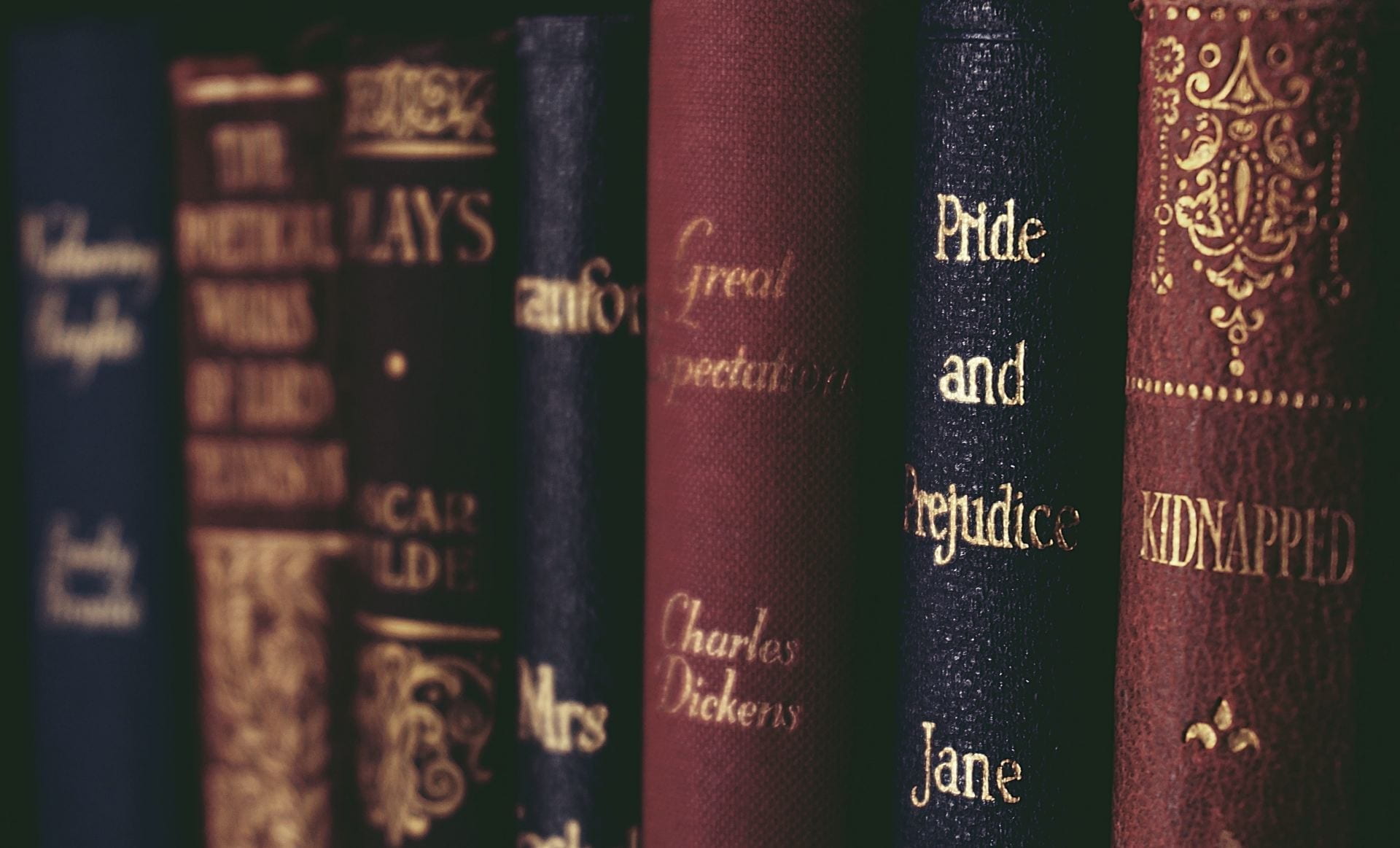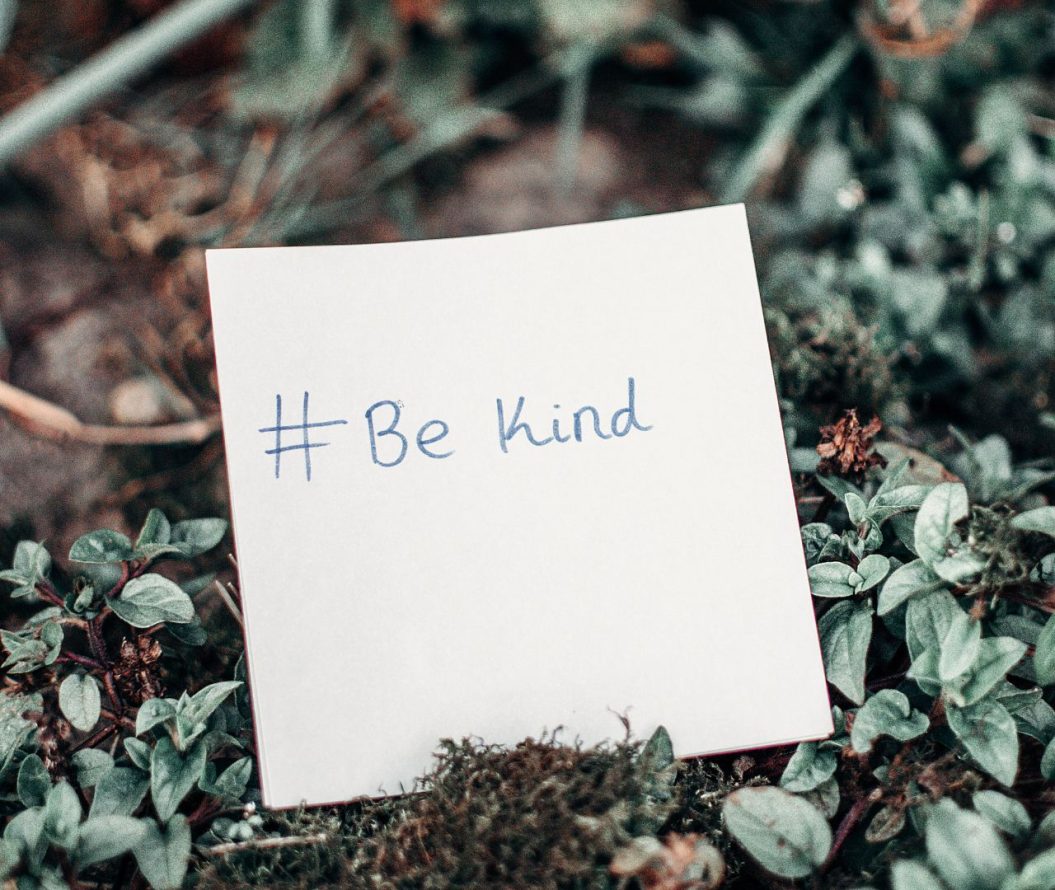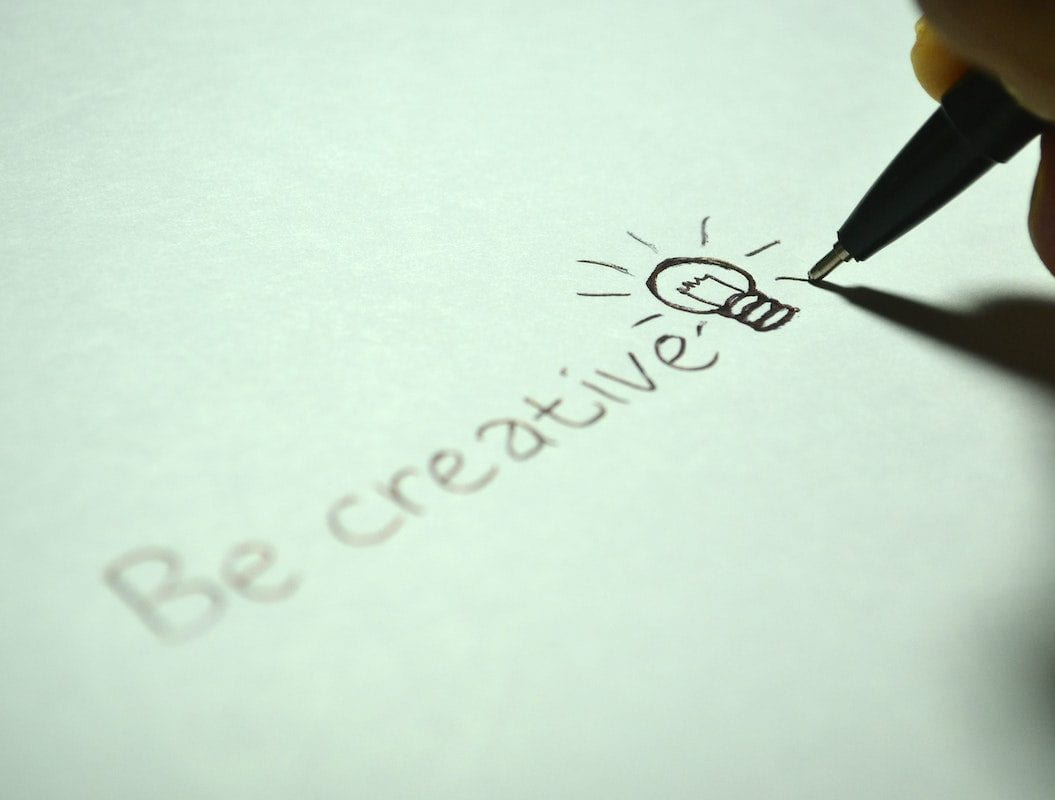I'm a 3rd year Politics and International Relations student from Birmingham. I love training in Brazilian Jiu-Jitsu, running, and flying in a glider near Stratford-Upon-Avon, in Warwickshire. At university I have been learning Arabic outside of class and have an…

The reading list of a politics and international relations student
June 21, 2020,
read.
This article is more than 3 years old
It is always a great time to develop a reading habit, especially now we find ourselves with so much time on our hands!
In this article, I have written a list of some books I think would be helpful for prospective Politics and International Relations students, as well as those already studying the subject. As a third year I am preparing to do a Master’s degree in September, so some of my reading list also includes titles that will be relevant to my future studies in International Political Economy.
The New Silk Roads by P. Frankopan (2018)
This entertaining explanation of Chinese foreign policy compares and contrasts the actions of the USA and China, as well as other global powers, in their current and future endeavours to accumulate more power. The book presents a balanced view of the current issues that China is pursuing both in its own Asian region and on a global scale. The New Silk Roads is a great way to begin learning about geopolitical issues, something that will become valuable in a study of Politics and International Relations.
Orientalism by E. Said (1978)
Edward Said is one of the greatest writers on race and racism of all time. However, his analysis of global perceptions goes further than just surface prejudice; his book also tackles the institutional and cultural aspects of prejudice from a historical and contemporary basis, with special focus on how the West views the East. Orientalism is one of the key texts in the University of Lincoln’s Post-Colonial Studies module and is crucial to analysing the policy decisions and rhetoric of Western politicians when they talk about the rest of the world.
Talking to my Daughter: A Brief History of Capitalism by Y. Varoufakis (2017)
As the title suggests, this book aims to explain the nuances of capitalism in words that would be understood by a small child. As such, it is a text that builds the reader’s knowledge of current economic systems from the ground up. The reader is taken from the very basics of exchange and monetisation to the complexity of trade, all while in simple language that anyone can understand. I would recommend this book to anyone seeking to build a knowledge of capitalism in the fastest and simplest possible way.
Das Kapital by K. Marx (1867)
Before you accuse me of being a Marxist let me explain! Das Kapital remains the single most influential text in relation to economic theory and is vital to a deeper and more meaningful understanding of the capitalist system. The book itself is massive, and to be honest I am barely half way through, but for someone looking to read a couple of pages here and there to gently introduce themselves to complex theory, Das Kapital is worth the read.
My novel and non-political recommendations:
- Where Eagles Dare – A. McLean (1967) a non-fiction about spies.
- The Lord of the Rings series – J.R.R Tolkien an epic high-fantasy novel.
- 12 Rules for Life – J.B Peterson (2018) a self-help book.
- Can’t Hurt Me – Goggins (2018) a motivational autobiography about a navy seal.
My Lockdown Reading List:
Below are the books I hope to read by the end of lockdown.
- 23 Things They Don’t Tell You About Capitalism – H. Chang (2010)
- One day in the Life of Ivan Denisovich – Solzhenitsyn (1963)
- Long Walk to Freedom – Mandela (1994)
- The 7 Habits of Highly Effective People – Covey (1989)
I think the books I have mentioned are a great start for those interested in Politics and IR as well as anyone interested in a Masters in a similar subject. Personally, at the time of writing I am on Chapter 6 of 23 Things They Don’t Tell You About Capitalism. While you could start anywhere on the reading list, I think for those seeking a background knowledge in political economy you should start with Talking to my Daughter, and for those looking for an introduction to International Relations, The New Silk Roads is where I would begin. Remember, there is no rule about reading more than one book at a time, nor is there any rule about beginning a book and not seeing it all the way through, the key thing is that you have started the journey!
- Topics
- Advice
- Arts & Culture
- Books
- Mental health
- Study




